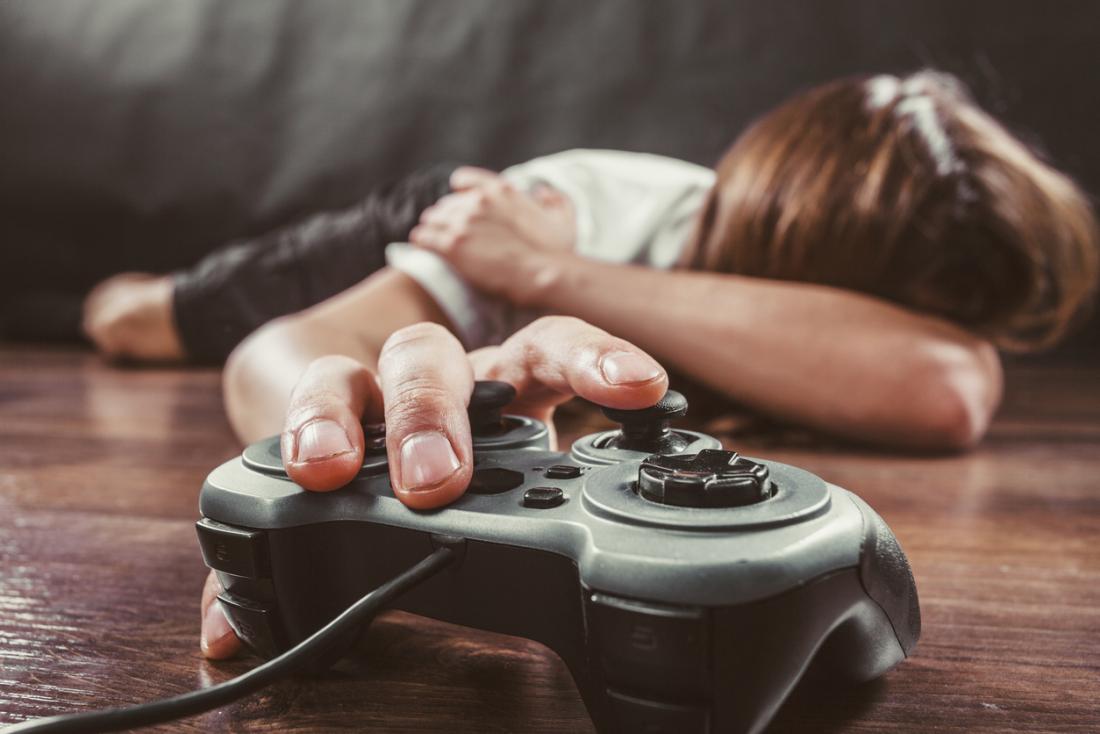In 2025, gaming is no longer just a hobby — it’s a lifestyle, a career path, a social platform, and even a tool for therapy. With the global gaming industry now worth over $300 billion, the conversation around how games impact mental health is louder than ever.
But is gaming good or bad for your brain? The truth lies in the middle. Like any powerful tool, the impact of gaming depends on how you use it.
The Good Side: Mental Health Benefits of Gaming
Despite outdated stereotypes, video games can offer real emotional and cognitive benefits:
1. Stress Relief
Immersive games offer a form of escapism that can reduce daily stress. A 20-minute gaming session after work can be as effective as meditation for some players.
2. Cognitive Boost
Strategy games, puzzles, and action RPGs improve decision-making, problem-solving, and reflexes. Games like Portal, Civilization, and Zelda train the brain while entertaining.
3. Social Connection
Online games build friendships. Platforms like Fortnite, Valorant, or Animal Crossing have become virtual hangout spots, especially during times of physical isolation.
4. Emotional Resilience
Games often place players in emotionally intense situations — making tough choices, dealing with loss, or learning from failure. This builds empathy and emotional processing skills.
The Downside: When Gaming Becomes Harmful
While gaming has benefits, overuse and unhealthy habits can take a toll:
1. Addiction & Escapism
Gaming addiction is real. Excessive play can interfere with sleep, relationships, school, and work. Some players use games to avoid real-life problems — delaying healing.
2. Toxicity in Online Communities
Not all game spaces are friendly. Harassment, bullying, and toxic competition can increase anxiety and damage self-esteem.
3. Sleep Disruption
Late-night gaming — especially with stimulating or competitive content — can negatively impact sleep quality, which is closely linked to mental health.
Current Trends: The Rise of “Cozy Games” and Mental Health Awareness
In 2025, there’s a clear shift toward games that promote calmness, creativity, and emotional safety. Titles like Stardew Valley, Unpacking, and Spiritfarer are celebrated for their soothing pace and gentle storytelling.
Additionally, mental health is becoming a theme within games. Indie titles like Celeste and Sea of Solitude directly address anxiety, trauma, and depression — allowing players to relate and reflect through gameplay.
How to Game for Mental Health (Not Against It)
If you love games but want to protect your mental well-being, here are a few smart habits:
- Set time boundaries. Use alarms or screen-time tools to avoid long sessions.
- Avoid toxic servers. Block or report harmful players. Choose communities that uplift you.
- Balance gameplay styles. Mix high-adrenaline games with slower, relaxing ones.
- Take breaks. Get sunlight, drink water, and stretch every hour.
- Talk about your experience. Share how games make you feel — whether they calm, stress, or inspire you.
Final Word: Play With Purpose
Gaming can be an incredible part of a mentally healthy life — if it’s done with intention. Whether you’re chasing quests, creating digital worlds, or just blowing off steam after work, make sure your gaming habits support your real-life goals and emotional peace.
In the end, it’s not about how long you play — it’s about how you feel when you’re done.

